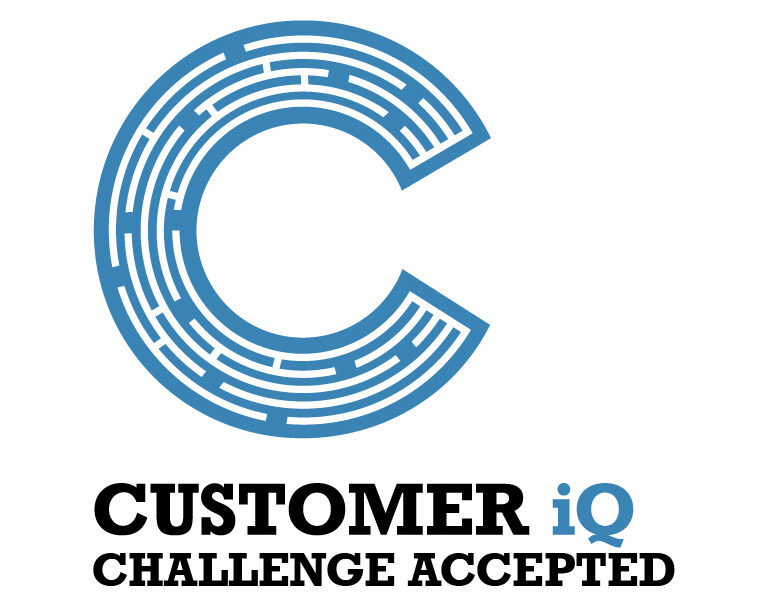Enjoying this content? Sign up to receive it in your inbox each week via our Contact page...
There are some obvious and less obvious ways of using research to help your startup grow.
I bang on (a lot) about the obvious ones eg. customer discovery work, testing products, collecting regular feedback to improve, etc etc.
But what are some of the less obvious ways that research can help (I hear you ask)?
How about generating PR?
Read time: 3.3 minutes
tl;dr: Research data can be very powerful in helping you create a compelling story that can be used to generate PR, help build awareness, boost your like-ability and build trust with your audience.
Three things you need…
Going back to the basics of marketing and selling, the three things you need:
- Make sure people know you
- Encourage people to like you
- Build your level of trust
As someone once said:
“People buy from people they know, like and trust”.
Generating PR for your startup is arguably one of the few ways where you can do all 3 in one go…
👀 Awareness is increased through the reach of media channels
👍 Like-ability is created through the story you tell
🙂 Trust is built from the reputation of the media brand and the authority of the piece
Bingo!
But how to generate PR?
I would recommend finding an expert in your network and speaking to them.
Eg. for me, this would be Matt Phillips from Matt Phillips PR who has useful resources.
It’s my understanding that PR requires good stories in order to stand out.
Your startup story is one you’ll be very familiar with and is most useful for your pitch, brand-building, hiring strategy etc etc.
Using this story to create your PR is the natural step.
So how can research help?
Understanding who your target audience is, is the first step to finding the right platform or publication to place your story. You can use tools like SparkToro to do this.
But how about using research data to provide you with the compelling narrative you need to ensure that your content gets picked up?
Wait, what, how?
In many cases, PR can be supported by sensational stats. You read them all the time… “X% of people think this, X% of people would prefer Y over Z”.
Writing survey questions to deliberately create this the kind of data might sound a bit wrong, a bit dark arts? Not really research in its ‘purist’ form.
Well I say b*llocks to that! If you can use ‘research’ to provide you with the kind of content that’s going to help you stand out, then just do it.
And your research doesn’t just have to be for PR purposes. If you are running a survey you could dedicate a relatively small portion to asking questions you know are going to give you something sensational that you can use for publicity. The rest of the survey can be about discovering your customers, testing propositions or whatever else it is you need.
In any case, it’s not like writing survey questions for publicity purposes is all about leading the witness because that sort of stuff will get sniffed out by editors and journalists, so it still needs to be credible for it to stick.
If you’re investing a relatively small amount into research for publicity purposes and that publicity generates huge amounts of media coverage and creates new opportunities with partners, then it might well be worth a go.
As with anything you need to mitigate the risk.
Test some questions on a small sample to see what kind of results you get back.
Speak with journalists and PR professionals well ahead of time to make sure that what you’re planning to do is something they would want to publish.
Speak with a research professional (like me) who understands this type of research to give you some pointers to get through this process successfully.
Want to discuss further? Find me at meetgideon.com.











